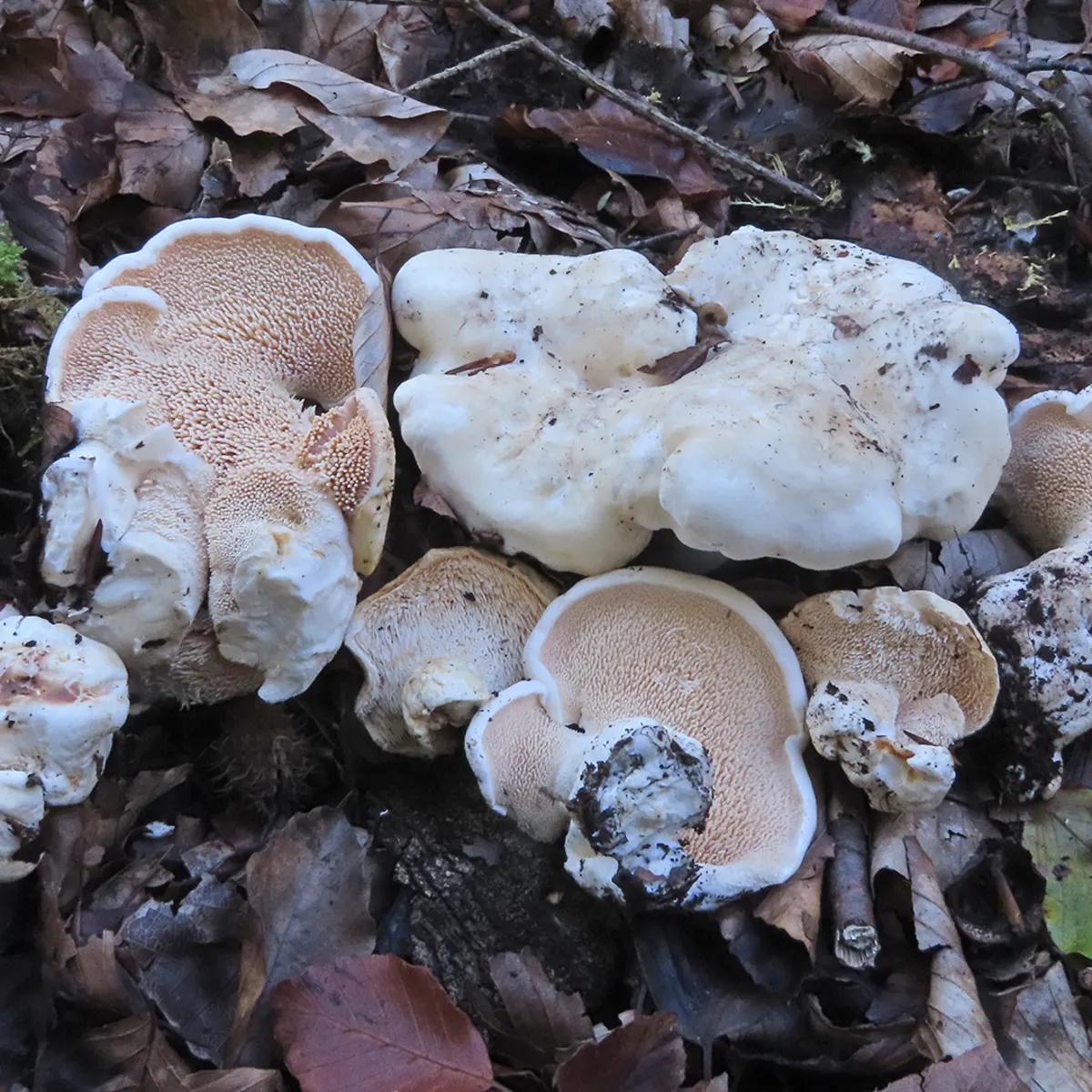
1 minute read
THENEW FACES OFTHE PLANT KINGDOM
In an exciting scientific discovery, a team of dedicated researchers from Thailand has unveiled a newly discovered species of flowering plants from the Annonaceae family. The researchers, from Chiang Mai University's Faculty of Science, made this remarkable finding during an expedition in the thick forests of southern Thailand. Inspired by the talent and global influence of Thai-born Kpop artist Lalisa "Lisa" Manoban, a member of the popular South Korean girl group BLACKPINK, the researchers paid tribute by naming the plant "Bunga Lalisa." This unique name combines the Thai word for flower ("Bunga") with Lisa's given name. However, there are concerns regarding the plant's future. Given the threats of deforestation and climate change, the scientists emphasize the need to protect "Bunga Lalisa" and potentially classify it as critically endangered

Advertisement


Merianiavasquezii
In the beautiful country of Peru, you'll find Meriania Vasquezii, an impressive 8-foot shrub with striking magenta flowers. This rare beauty was discovered during a single-collection expedition in Peru Peru Garden scientists and their collaborators unveiled nine new species of Meriania in 2022, most of which are critically endangered Among these discoveries, Meriania Vasquezii is one of four newly-described species found in only one location It is named in honor of Rodolfo Vásquez, a dedicated garden researcher who has made significant contributions to understanding Peru's plant life throughout his 30-year career.
Deamia Funis
is a captivating cactus species found in Nicaragua, known for its unique hanging stems and delicate white flowers. It thrives in the dry forests of Central Nicaragua, clinging to horizontal tree branches Sadly, this remarkable plant is limited to just three locations and faces a grave threat from the destruction of its habitat caused by cattle farming. Deamia Funis serves as a powerful reminder of the delicate balance in nature and the urgent need to protect precious ecosystems and their diverse species. Let us embrace the beauty of Deamia Funis and work together to protect its existence for future generations











